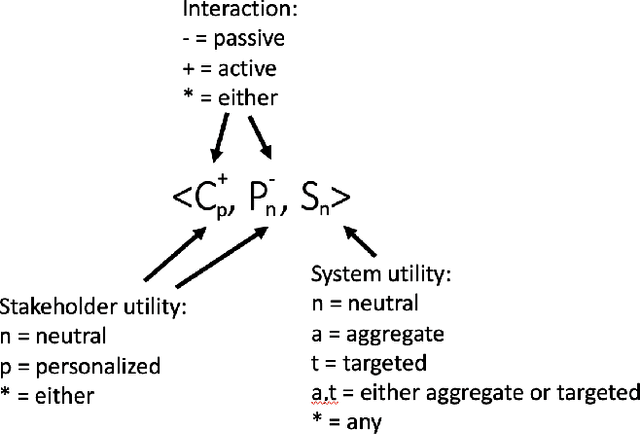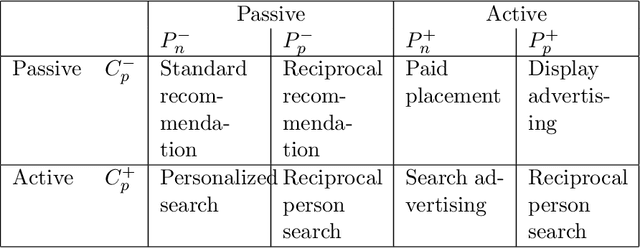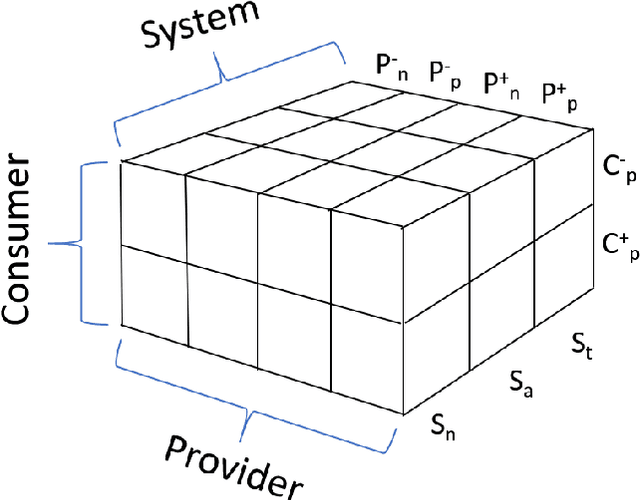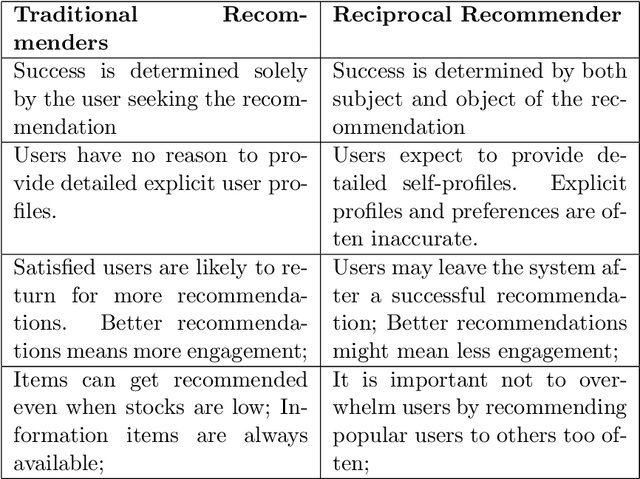Toshihiro Kamishima
Re-formalization of Individual Fairness
Sep 11, 2023
Abstract:The notion of individual fairness is a formalization of an ethical principle, "Treating like cases alike," which has been argued such as by Aristotle. In a fairness-aware machine learning context, Dwork et al. firstly formalized the notion. In their formalization, a similar pair of data in an unfair space should be mapped to similar positions in a fair space. We propose to re-formalize individual fairness by the statistical independence conditioned by individuals. This re-formalization has the following merits. First, our formalization is compatible with that of Dwork et al. Second, our formalization enables to combine individual fairness with the fairness notion, equalized odds or sufficiency, as well as statistical parity. Third, though their formalization implicitly assumes a pre-process approach for making fair prediction, our formalization is applicable to an in-process or post-process approach.
Beyond Personalization: Research Directions in Multistakeholder Recommendation
May 01, 2019



Abstract:Recommender systems are personalized information access applications; they are ubiquitous in today's online environment, and effective at finding items that meet user needs and tastes. As the reach of recommender systems has extended, it has become apparent that the single-minded focus on the user common to academic research has obscured other important aspects of recommendation outcomes. Properties such as fairness, balance, profitability, and reciprocity are not captured by typical metrics for recommender system evaluation. The concept of multistakeholder recommendation has emerged as a unifying framework for describing and understanding recommendation settings where the end user is not the sole focus. This article describes the origins of multistakeholder recommendation, and the landscape of system designs. It provides illustrative examples of current research, as well as outlining open questions and research directions for the field.
 Add to Chrome
Add to Chrome Add to Firefox
Add to Firefox Add to Edge
Add to Edge